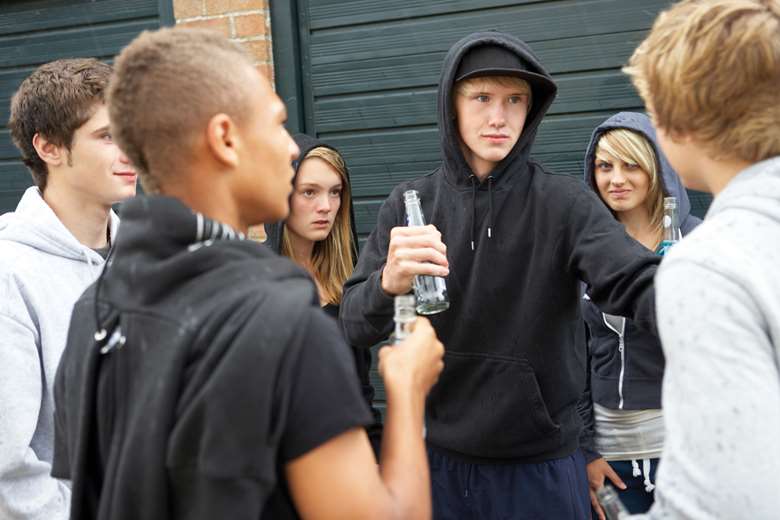Older children suffering neglect 'slipping through the cracks'
Tristan Donovan
Thursday, July 5, 2018
Older children who are suffering neglect are going "unseen" by services that should be supporting them, inspectors have warned.

A report based on a series of joint targeted area inspections conducted by Ofsted, which carried out the deep dive alongside inspectors from the Care Quality Commission, HM Probation, and HM Constabulary and Fire & Rescue Services has called for greater understanding of the issue and a more co-ordinated approach from local agencies.
Inspectors found that services are less adept at spotting the signs of neglect in seven- to 15-year-olds than in younger children. They also found that while frontline services often work together to tackle youth violence and gang activity they often did so without considering underlying causes such as neglectful parenting.
The inspectorates said the issue needs to be addressed because neglected older children are more likely to go missing from home, get drawn into crime or be exploited.
"They may appear ‘resilient' and to be making choices about their lives, when in fact they are adopting behaviours and coping mechanisms that are unsafe," said the report.
"For example, they may look for support from inappropriate and dangerous adults or use alcohol and drugs as a form of escape."
The report has called on local services to develop more co-ordinated responses to the neglect of older people. It said these multi-agency responses should also involve probation and adult health services, which inspectors found often failed to consider the impact the neglectful parents they are working with can have on their children.
"Unless local agencies consider the role of neglectful parenting, and take action to address it, as well as supporting children in a way that recognises the impact of their traumatic childhood, then their chances of a successful future will continue to be low," said Yvette Stanley, national director for social care at Ofsted.
The report also said children's professionals should get better training on how to spot the neglect of older children. It noted that in local authorities where social workers and youth offending teams are trained on childhood trauma the quality of work with neglected older children is better because therapeutic support is more prioritised.
HM Inspector of Constabulary Wendy Williams said police should also get more training in spotting neglect and abuse in older children.
"The police may well be a vulnerable child's first point of contact," she said.
"It is therefore vitally important that the police are properly equipped to identify signs of neglect and abuse in children - especially in older children, where abuse is not always obvious."
Local children's services were also advised to give older children more say on where to meet professionals and what service to engage with.
The findings of the report are based on inspections in six local authority areas: Bristol; Cheshire West and Chester; Haringey; Peterborough; Stockton-on-Tees; and Wokingham.
According to a 2011 survey by child protection charity the NSPCC estimated that 11 per cent of 11- to 17-year-olds in the UK have experienced neglect at some point in their lives.
Roy Perry, vice chair of the Local Government Association's children and young people board, said the report shines a light on a challenging and complex area of safeguarding practice.
"While understanding of the needs of older children has undoubtedly increased in recent years, this report is also clear that there is more to be done. It is vital that all agencies, at local and national level, work together closely to ensure that risks are identified early and addressed appropriately.
"However, with severely limited funding available for councils and their partners to meet record levels of demand, children's services are increasingly overstretched.
"An average of more than 270 children were taken into care or placed on a child protection plan every single day last year, leaving very little time or resource for social workers to build the relationships with children and families that are so important to effective practice.
"We urge the government to heed the many warnings that have been issued in recent months and properly fund children's services, which face a funding gap of £3bn by 2025 just to keep services running at current levels."
Sam Royston, director of policy and research at The Children's Society, said: "We see through our own services how neglect can result in children going missing from home, playing truant and starting to drink or take drugs.
"More training is needed to ensure professionals working with both children and adults, including those working in schools, can identify situations where there may be neglect and share information about any concerns they may have."




